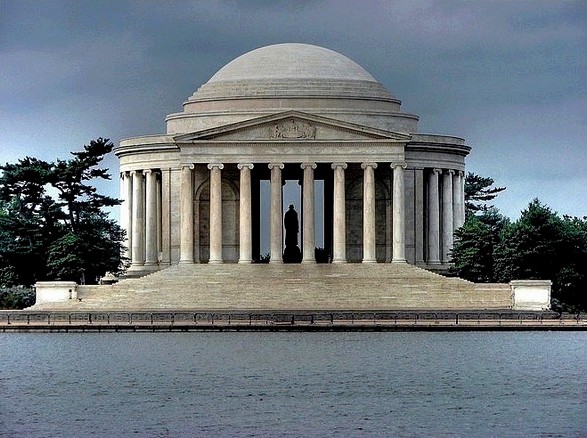|
|
LITR 4231
Early American Literature 2012 research post 1 |
|
Ronni Grantham
Misguided Mather
Before this class I had a very limited amount
of background information on the Salem Witch Trials. I recall briefly touching
on the subject in my high school history class but it almost seemed like the
subject was taboo and the teachers wanted to get past that subject as fast as
they could. When we read the material for this class I was immediately drawn to
the subject. It makes me wonder why they singled out the people that they did.
It also makes me wonder where the term witches originated. Who came up with this
terminology and how did they determine that these individuals were witches? I
know from our reading that Cotton Mather played a role in the Salem Witch
Trials. Did he use his influence in the community to push his own ideas on to
others or did he spark a massive over reaction in the community?
My first step in learning more about this
interesting time in history was to go to www.merriam-webster.com and look up the
definition of witch and witchcraft. According to the dictionary the definition
of a witch is someone who is credited with usually malignant super natural
powers. The definition of witchcraft was communication with the devil. I could
see where a community who is so deeply invested in their faith might be overly
anxious to find a cause for any strange occurrences that they could not explain.
That is my general perception of this time in America. Many people in this time
frame felt like the devil was closing in because of other events that were
taking place. Therefore it only seems logical that when these young children
fell ill and the local doctors could find no cause that their parents and the
doctors would think it is some sort of supernatural occurrence or the work of
the devil. It did not help matters
along that one of the first women accused, an Indian slave named Tituba, would
eventually confess to being a witch and single out others. On the website
http://law2.umkc.edu/faculty/projects/ftrials/salem/SAL_ACCT.HTM
there is a wealth of information about the trials and the key players that were
involved. In particular there is a link about Cotton Mather and the role in
which he played in these events. Cotton Mather was a minister who happened to be
good friends with three of the judges who were presiding over the trails. Mather
was able to convince them that ďan Army of Devils is horribly broke in upon the
place which is our center.Ē This added to the already hysterical group and
caused a great deal of over reaction among the people of Salem. The more I read
about these events the more I am convinced that some of these people were
seriously delusional. I donít mean that to be ugly and I canít say how most
people would have reacted because we did not live in these times but it just
seems to me like someone threw an idea out and no matter how off the wall it
sounded everyone went along with it. Mather had also written the book
Memorable Providences shortly before
the Salem Witch Trials began and that probably played into the reactions of the
people in this small village.
Another website that I looked at during my research
was
http://school.discoveryeducation.com/schooladventures/salemwitchtrials/people/mather.html
This site gave a little bit more background information about
the role that Cotton Mather played. The more I read about him the more I am
beginning to think that he stirred the pot and kept the level of hysteria up but
as time progressed he even began to doubt himself. Matherís book
The Wonders of the Invisible World
gives more insight to the trials and the families that were involved. Cotton
Mather wrote a number of books after the Salem Witch Trials ended but after
The Wonders of the Invisible World it
seems that he stayed away from the topic of witchcraft and the trials
themselves. According to the research that I found it seems that he mostly wrote
about religion.
With the websites that I looked at and the research that I did, I feel like I have a little bit better understanding of this tragic event in Americaís history. I donít think that I have learned everything that I possible can about the topic and I think it is something that I would like to explore more. However I do feel like I have satisfactorily found enough information that I can answer the questions that I had. I have a better idea of the terms witch and witchcraft and how they could have been applied in 1692. I feel like I can also say yes I think Cotton Mather used his influence in the community to influence the course of the trials. I think that in the future I would like to explore some of his other books that he wrote. I would like to see if in any of those works he makes any reference at all to these events. I really donít think there will be but I would just like to see. It seems a little funny to me that this event was such a major factor in the lives of so many people and then it was like ok itís all over letís not talk about it anymore.
Bibliography
http://cases.laws.com/famous-trials
http://law2.umkc.edu/faculty/projects/ftrials/salem/SAL_ACCT.HTM
http://salemwitchtrialsfacts.com/
http://school.discoveryeducation.com/schooladventures/salemwitchtrials/people/mather.html
|
|
|
|


